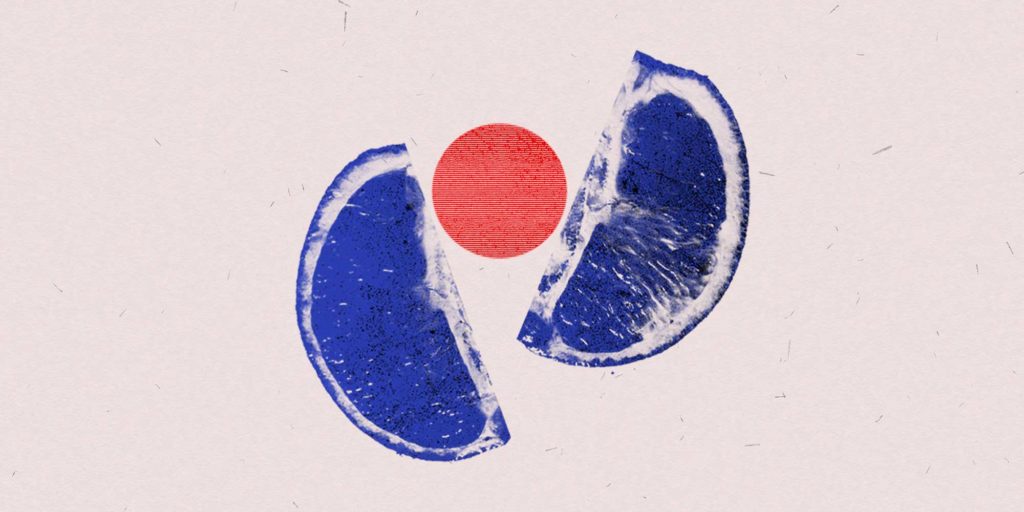Egypt recently inaugurated a brand new prison complex in the region of Wadi El-Natrun some 100 kilometer northwest of Cairo. The penitentiary measures 1,700,000 square meters, which makes it the country’s largest.
The government’s media machine mobilized all its energy to promote the project, among other things, by a social media campaign accompanied by a song especially released for the occasion. The regime prides itself on the fact that the complex will erase the traditional view Arab people have about the state of prisons, declaring that it is equipped with means to “dignify inmates,” such as gyms and entertainment venues, and modern technology, including TV screens.
It is not known how much the prison has cost. But Egyptians have expressed their discontent, considering that the priority for government spending should be things like health and education, not building prisons.
The prison’s opening conveyed several messages to the US administration, which recently re-raised the issue of political freedoms in Egypt, demanding respect for human rights, especially freedom of opinion, expression and publication.
It seems Cairo presenting the first national strategy for human rights in September did not resonate much in American and European capitals and public opinion. Egypt had hoped it could silence the voices objecting to its poor human rights record.
There are no exact data regarding the number of political prisoners in Egypt, yet according to international human rights organizations they amount to close to 60,000.
Bread
President Abdel Fattah al-Sisi in August announced the need for amending the bread system in Egypt, noting that the Ministry of Supply is studying a new method of pricing government-subsidized bread.
In compliance with the International Monetary Fund (IMF), Egypt has gradually lifted subsidies on fuel and gasoline. Today it is threatening to lift subsidies on bread or to at least significantly reduce them.
The harsh conditions imposed by the IMF on developing countries have serious social and economic repercussions, which deepen class differences and increase the burden of living for the poor.
Many experts fear that raising the price of bread will increase the cost of life for many Egyptians, one third of whom already live below the poverty line, according to official statistics. Note thereby that the size of an Egyptian package of bread has gradually decreased in recent years. The last weight reduction took place in August 2020, bringing it down from 110 to 90 grams.
During the reign of late President Mohamed Anwar El-Sadat cutting bread subsidies caused widespread demonstrations that forced him to reverse the decision. Sisi, however, appears to be more daring than his predecessors, especially as he has managed to silence opponents, restrict unions and media, and weaken civil society in favor of a dictatorship that seems but a revised version of the late Hosni Mubarak dictatorship.
It goes without saying that there is an organic link between poverty and crime, which has been confirmed by numerous studies. An increase in poverty can push people to commit acts of theft and looting, especially in the absence of any social networks.
Read Also:
The Elbow
Instead of the regime seeking to provide welfare and justice for the people, we see it build new prisons – perhaps in anticipation of what is coming. This reminded me of a popular tale of the late Lebanese novelist Salam al-Rassi.
The Elbow Story is about a slight bend (elbow) in the road that causes a lot of accidents. The citizens protest at the doorstep of the local officials, after which statements are issued and the matter is studied by several committees.
One morning, trucks unload construction materials at the elbow and works begin.
A high-ranking official with his entourage comes to visit, lays the foundation stone and put us a sign “National Hospital for Elbow Victims.” Yet, the elbow remains.
After more accidents take place, it is decided to take new measures by more experts and engineers. They build a modern garage to repair damaged cars. Yet, the elbow remains.
One day, as traffic is often obstructed and travelers must stop for some time, a man from a neighboring village has the idea to build a shop for refreshments near the elbow. Shortly after, another man builds a small restaurant, after which a group of men establishes a gas station and yet again others proceed to build a hotel. Yet, the elbow remains unchanged.
Then a conflict over the elbow’s ownership erupts between the neighboring villages, which all seek to profit from the increasing trade, so security people take the initiative to protect the elbow and build a police station.
Thus, a whole new society arose around the elbow to protect the “national heritage,” because what the fathers left, went on to the children. And the elbow? It remained the same.
One Big Prison
The moral of the story is that the authorities did everything in their power to fill the pit. A policy of patching up, overlooking things, and distracting people with secondary issues.
The Egyptian regime applied this “modernity” to the letter. Instead of reforming legal and political systems, eliminating sources of injustice, which usually lead people to poverty and hunger, and may push them to break laws, we see the state opening new state-of-the-art prisons.
In a remarkable coincidence, Alaa Abd el-Fattah, one of Egypt’s most prominent political prisoners, in the third week of October managed to publish his book You Have Not Yet Been Defeated Yet, which is a collection of his writings since 2011: from essays and tweets to reflections scribbled and smuggled out of prison to be translated and edited by his supporters.
The book was announced one week before Sisi opened his prison complex late October. Abd el-Fattah’s detention, and the recent deterioration of his health, remind us of the thousands of Arab detainees locked away in their country’s prisons, paying the tax for defending justice, liberty and dignity.
It seems that Egypt, which has the largest population in the Arab world is also keen to own the largest prison in the region. Our biggest fear meanwhile is that the whole country is being turned into one big prison.
But … we have not been defeated yet.
Read Also:








